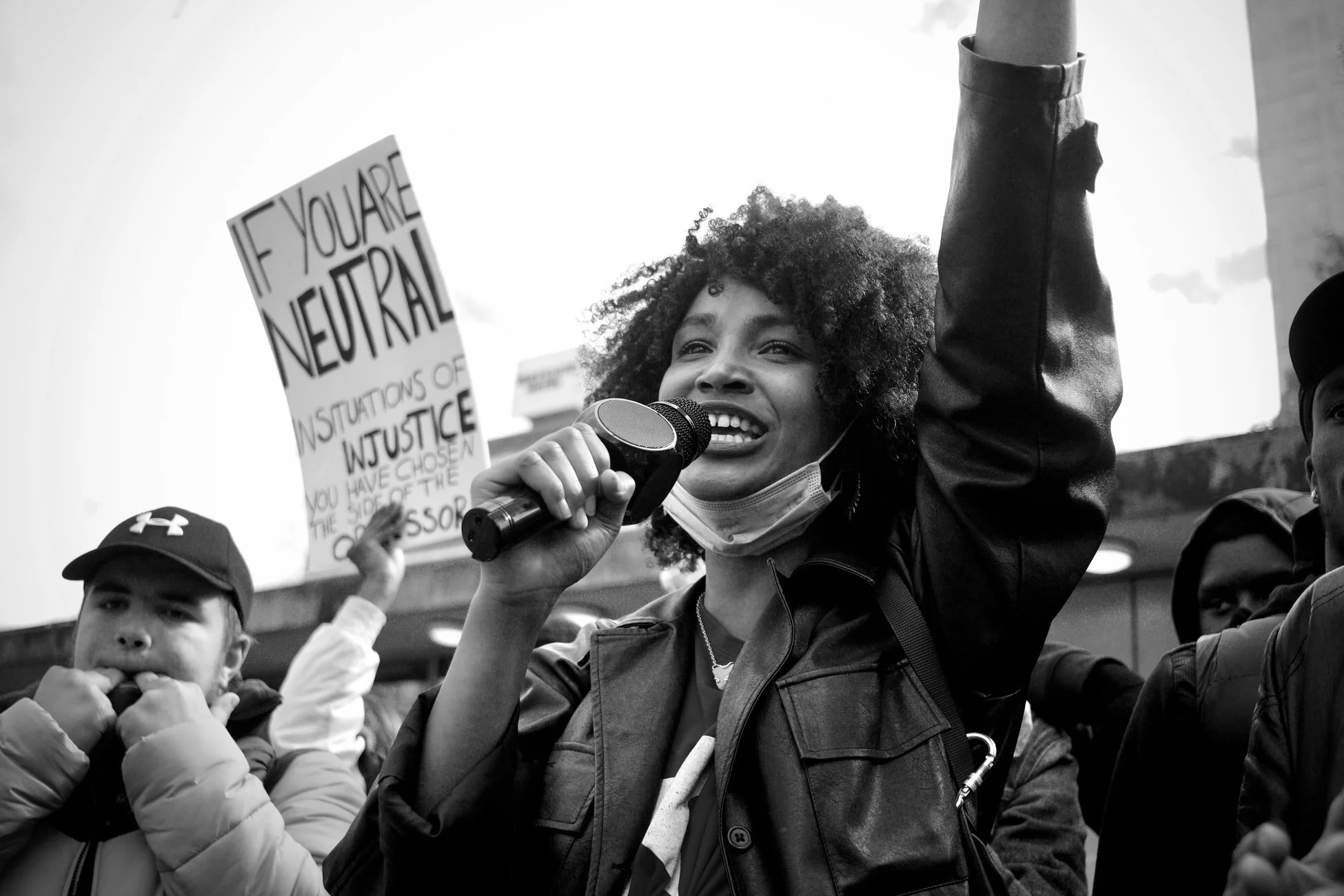by Sophie Kelly
California Senator and Democratic Vice Presidential candidate Kamala Harris and Representative Alexandria Ocasio-Cortez (D-N.Y.) recently released their finalized Climate Equity Act. Updated from an earlier version released last fall, the bill was designed to address a critical backbone of the Green New Deal — ensuring no community gets left behind.
Now bolstered with outreach to frontline communities who are experiencing the impacts of the climate crisis first and worst, the Climate Equity Plan provides actionable steps for holding the government accountable to lasting environmental justice policy and for carrying out a Green New Deal that is centered in the communities that need relief the most.
The Climate Equity Act would champion environmental justice by doing four main things:
- Establishing an Office of Climate and Environmental Justice Accountability at the White House to offer environmental justice perspectives on federal rulemakings.
- Requiring all environmental legislation or regulation introduced in Congress to receive an equity score created by climate experts and community organizers. This score would be given by a new branch of the Congressional Budget Office in order to hold all relevant legislation accountable to the needs of low-income and frontline communities.
- Requiring each agency to appoint a director of climate and environmental justice to make sure that all facets of the government are being held accountable for climate equity.
- Redirecting capital investment to marginalized communities of color by diversifying the recipients of federal loans and grants and prioritizing recipients that have been disproportionately burdened by environmental harms (e.g. oil and gas infrastructure, air pollution, water pollution) and are increasingly vulnerable to the climate crisis.
In a statement for the release of the bill, Rep. Ocasio-Cortez said, “For too long, policies that affect communities of color have been determined by a few white men in a room in Washington [...] Major environmental policies must be written by the black, brown, and low-income people who have been and will be disproportionately impacted by it, just like the Green New Deal envisioned.”
Rep. Ocasio-Cortez is “proud to partner with Senator Harris on a bill that will pave the way for a new, inclusionary way of doing things in D.C.”
Both Harris and Ocasio-Cortez have emphasized the crucial role that community input played in the formation of the bill as well as the role it will play as we envision the ways in which our government can ensure environmental justice for all communities.
“COVID-19 has laid bare the realities of systemic racial, health, economic, and environmental injustices that persist in our country,” Sen. Harris, said in a statement.
“The environment we live in cannot be disentangled from the rest of our lives, and it is more important than ever that we work toward a more just and equitable future.”
On the heels of a crucial election for the health of our communities and environment, it is hopeful to see two trailblazing women of color taking charge in D.C. and providing a pathway for justice. If policies like the Climate Equity Act inspire you, then there are many ways to take action for climate justice before the general election in November. Visit vote411.org to receive your personalized ballot that shows you where candidates running for office in your community stand on issues that may matter to you, like the climate crisis. If you have a few extra minutes, you can contact your government representatives to ask how they are taking action on environmental justice and supporting bills like the Climate Equity Act. As always, reach out to us with any questions, comments, or ideas for how we can all take action this Fall!




